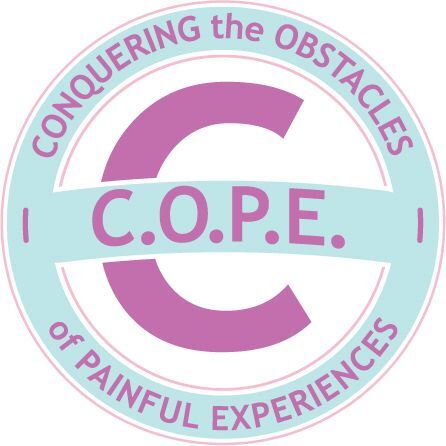
May is Mental Health Awareness Month. One's mental health is very important and deserves special attention.
In regards to housing, one’s mental health may be negatively impacted when facing affordable housing issues and dealing with unfair conditions.
What is Mental Health?
According to the Centers for Disease Control and Prevention, Mental Health is the combination of our emotional, psychological, and social well-being that affects how we think, feel, and behave.
Additionally, our mental health affects how we handle stress, relate to others, and make healthy choices.
What is the relevance of mental health to housing?
As the cost of living has increased coupled with inflation, many families are having difficulty finding affordable housing. According to the U.S. Department of Housing and Urban Development, housing insecurity may include difficulty paying rent, overcrowded living conditions, eviction, and homelessness.
Consequently, individuals and their families suffer mental and physical health issues.
Oftentimes, families are forced to skip meals, doctor visits, and other living necessities to afford their rent, due to the high cost of living. Additionally, households that cannot afford their rent and other necessities may become ALICE households.
According to research from Evidence Matters in 2012, eviction not only impacts social and economic conditions but adversely impacts mental health, including suicide and depression rates.
Study findings revealed that individuals who had been evicted were more likely to visit the emergency room or be hospitalized for a mental health issue than those who had not been evicted.
According to the HUD, low-income renters who were black, indigenous, or people of color were the most likely to experience eviction.
What does Housing and Mental Health look like in Houston?
Understanding Houston reports that low-income households in Houston face rising rents, natural disasters, unsafe housing conditions, evictions, or even becoming homeless because of a lack of resources.
Overcrowding
One out of ten Houston-area households rents and suffers from overcrowding, according to Understanding Houston.
Understanding Houston defines overcrowding as the health and safety conditions created when there are too many people living together (one or more occupants per room).
Families may live with relatives and friends to avoid homelessness, but the home becomes full and there is not enough space to meet everyone's basic comfort needs.
Further, overcrowding negatively impacts one's physical and mental health, which adversely impacts a child's development and education.
Understanding Houston reported that 6 percent of housing units in the three-county Houston area were overcrowded in 2021, compared to 5 percent statewide and 3 percent nationwide.
Harris County, among the three counties, suffers the most from overcrowding. Furthermore, Harris County's overcrowded housing units are 7 percent higher than those in Montgomery County and Fort Bend County.
Evictions
Many households face evictions in Harris County. As a result of the COVID-19 pandemic, many families were evicted and faced homelessness.
Many households are vulnerable to eviction due to rising rents and failing to afford housing because of low-paying jobs.
An eviction is defined by Understanding Houston as a legal process in which a landlord gives a written notice to vacate and files legal proceedings to remove a tenant. A tenant may be evicted for late rent payments, non-payment of rent at all, or other reasons listed in their lease agreement.
According to Understanding Houston, low-income families and women, domestic violence survivors, and families with children have a higher risk of eviction.
Many families are negatively affected by eviction as they are forced to relocate, lose access to a familiar community and have difficulty finding another living space. It affects children as well since they have to leave behind their school and friends.
Additionally, eviction causes one to lose their job, suffer mental health issues, and lose their personal belongings.
Overall, many individuals and families experience unfortunate housing issues which negatively impact their well-being.



































